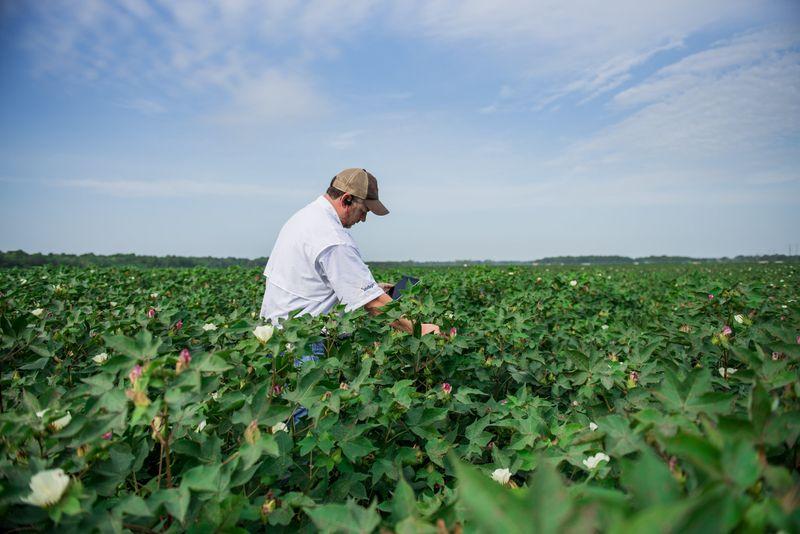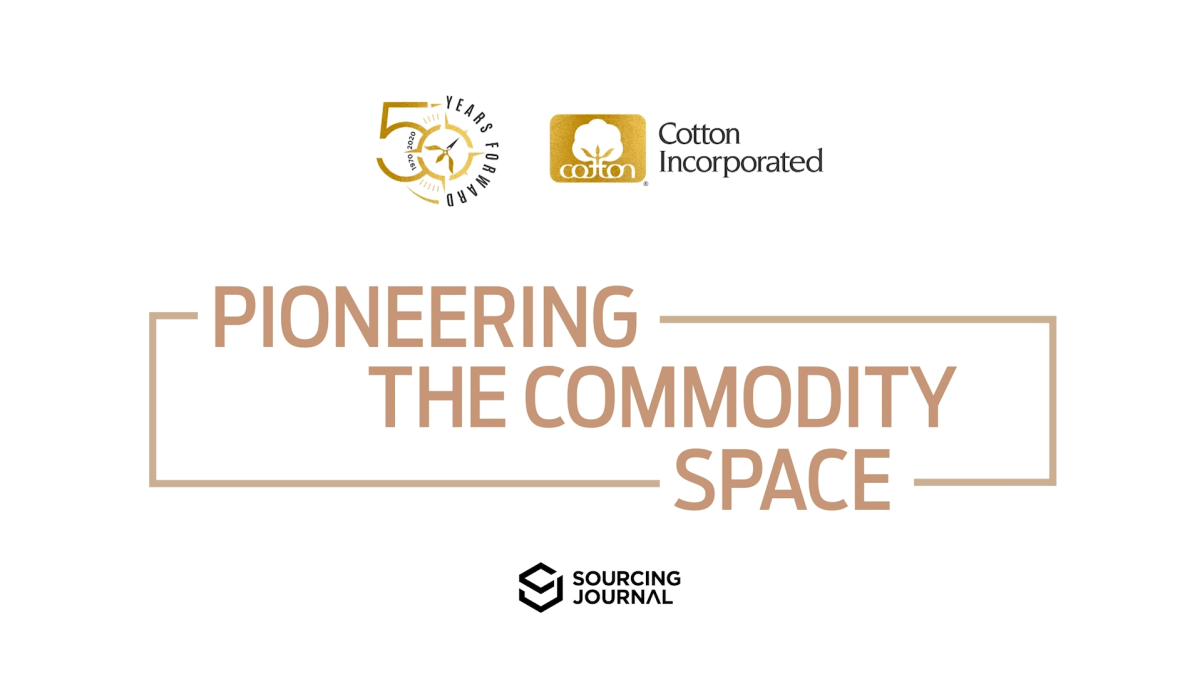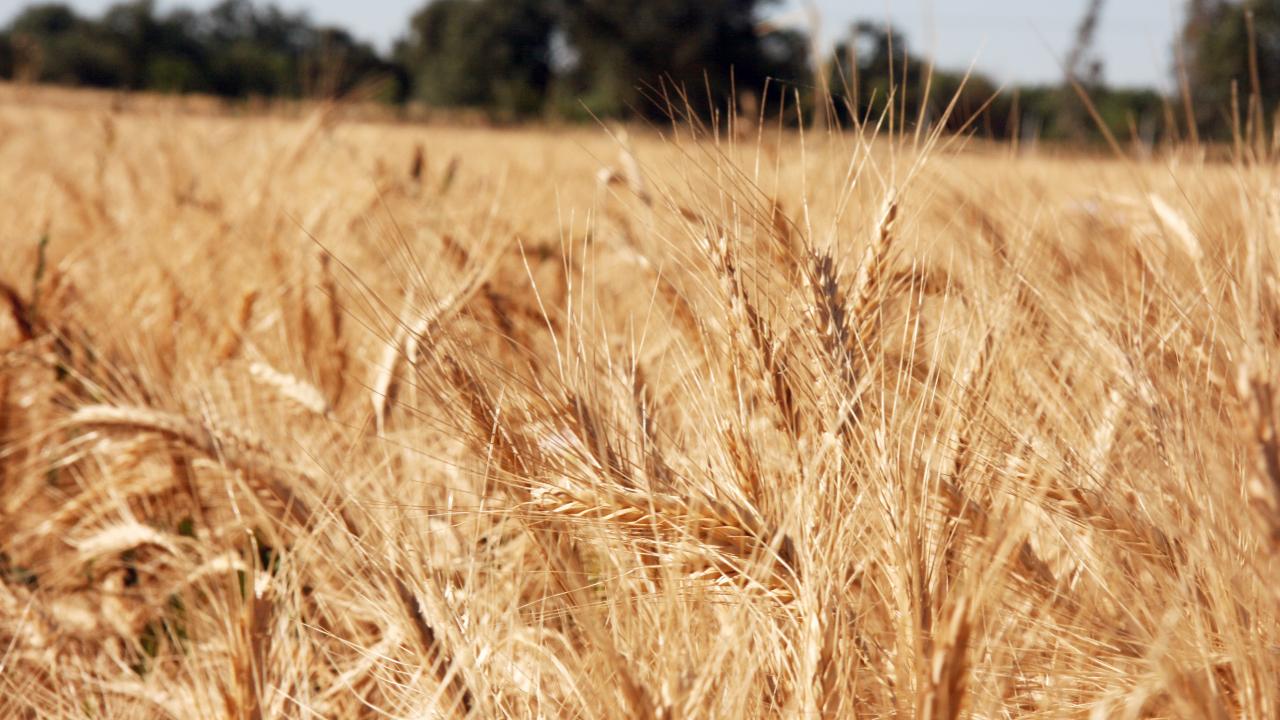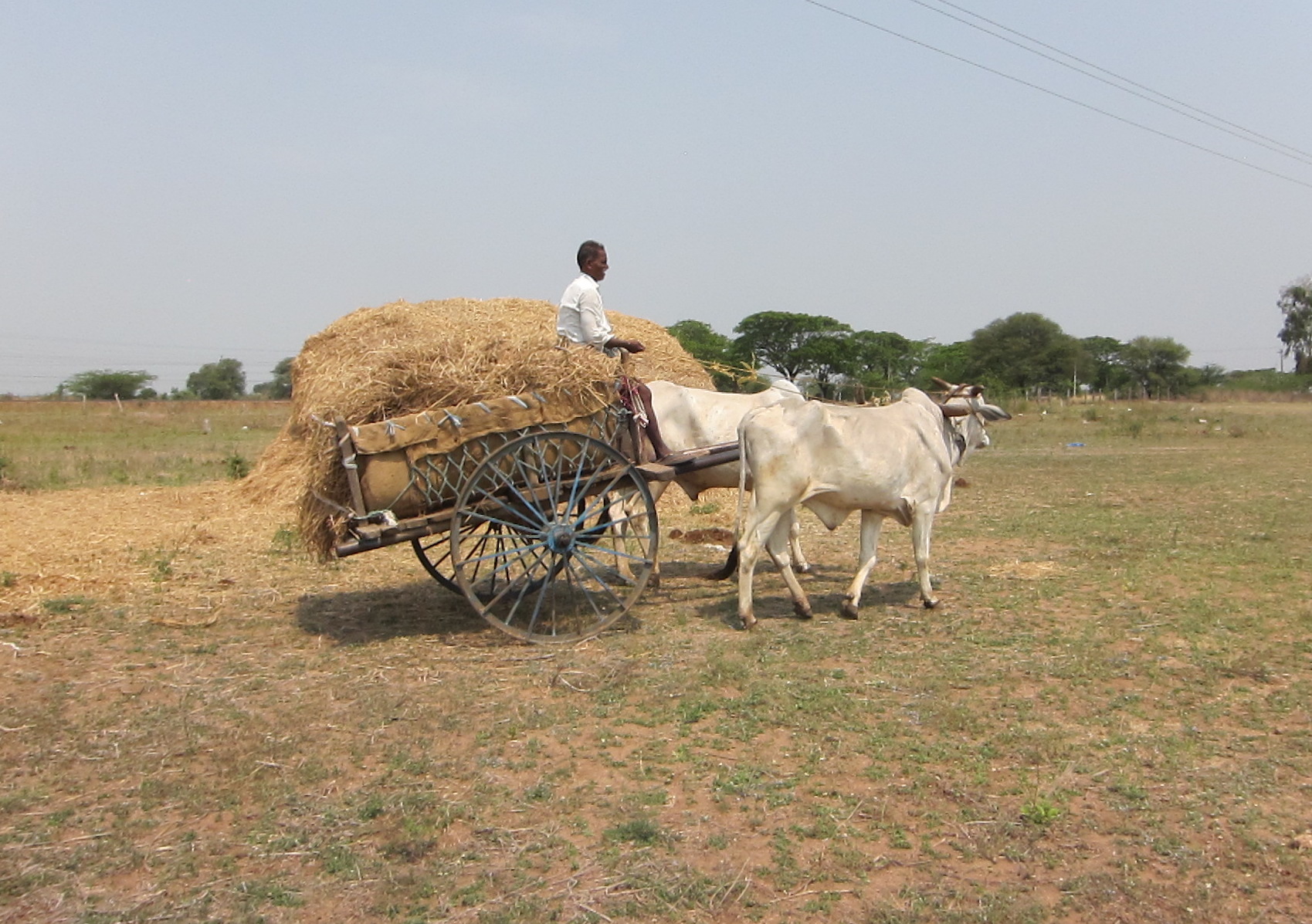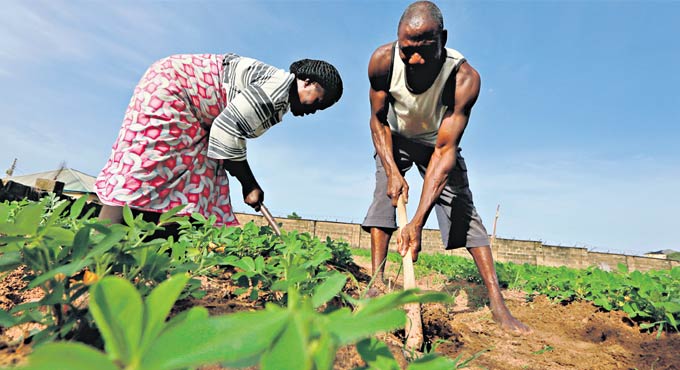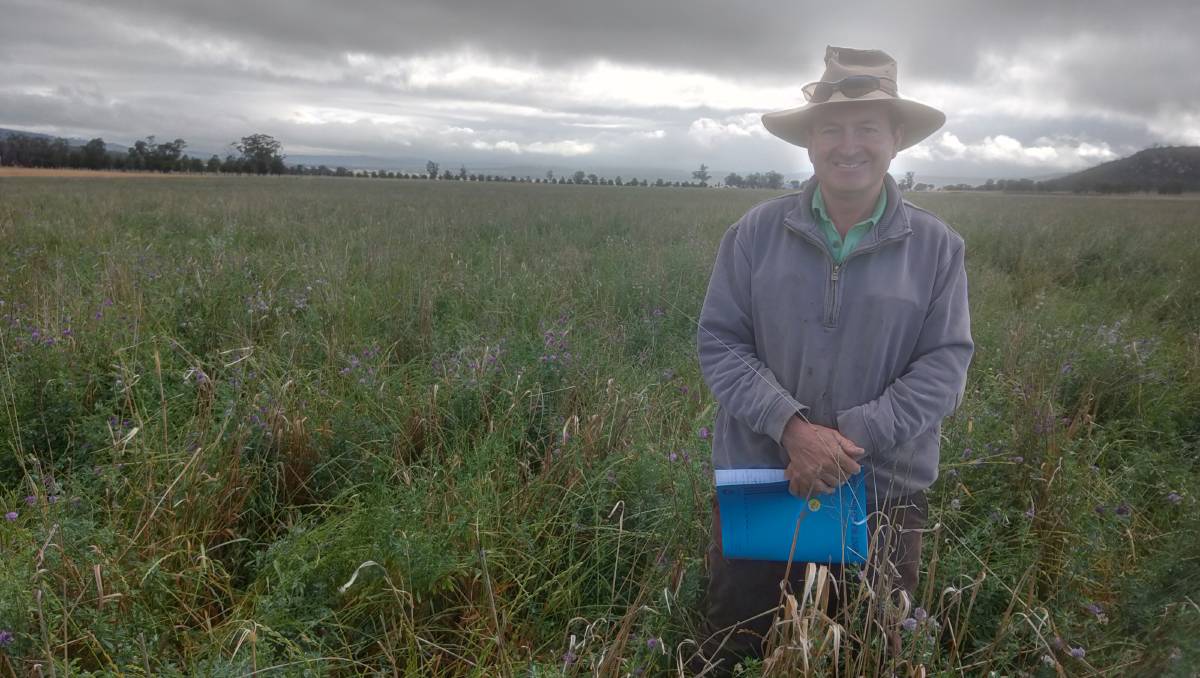 Kim Bremmer
Kim Bremmer
Topics: Agriculture Global, Conservation/Tillage, Sustainability,
Carbon as the next big agricultural revolution? Supply chain security is a real concern for many farmers...but getting recognition and payment for on-farm practices could be a huge win for agriculture.
Read More-
(2)
-
Bookmark
- Comments (1)
11/25/2020 SOURCE: sourcingjournal.com
J. Berrye Worsham, Cotton Incorporated President and CEO, shares how the company has blazed a trail and the vision for the future.
Cotton Incorporated: Half a Century of Pioneering the Commodity Space
-
(0)
-
Bookmark
- Comments. (0)
 Kim Bremmer
Kim Bremmer
Topics: Conservation/Tillage, Water, Sustainability,
Farmer-led conservation groups are a great place for farmers to share ideas and come up with solutions for issues facing all of us today... from sustainability to climate change. Check out the most recent discussion from the Western Wisconsin Conservation Council.
https://westernwisconservati...Read More
-
(0)
-
Bookmark
- Comments (0)
 John LaRose Jr.
John LaRose Jr.
Topics: Wheat, Education U.S. West, Conservation/Tillage, Food/Nutrition, Sustainability, Crop Diseases, Research, Ag Innovation, Agronomy,
UC Davis receives grant to increase dietary fiber in wheat
Diets lacking fiber are linked to health concerns such as colon cancer and heart diseases, but Americans only consume 30 percent of the recommended daily amount of fiber. One way to increase fiber consumption is to produce wheat varieties that contain more fiber. The University of California, Davis, has a received a nearly $500,000 Seeding Solutions grant from the Foundation for Food & Agriculture Research (FFAR) to increase the dietary fiber content in wheat products. Bay State Milling, California Wheat Commission and Limagrain Cereal Seeds provided matching funds for a total investment of $959,997. “A small increase in fiber content in refined flour products can translate into a significant boost in the public’s consumption of dietary fiber.” said FFAR Executive Director Sally Rockey. “By developing wholesome food with more fiber, and the same great taste, we can lower the incidence of preventable, diet-related diseases.” Refined wheat flour, commonly known as all-purpose flour, is more popular than whole wheat flour in most industrialized countries, but lower in fiber. To increase fiber in refined flour, UC Davis researchers, led by Jorge Dubcovsky, are investigating ways to increase wheat dietary fiber using modified starch synthesis enzymes. The first generation of varieties with increased dietary fiber in the plant’s starch showed reduced grain yield, making the grain more costly for consumers. Dubcovsky’s team is developing a second generation of wheat varieties with high fiber in the refined flour but with a higher grain yield. Using genetic tools and molecular markers the researchers are identifying genes responsible for wheat yield, quality and fiber content. With this information, the researchers are testing combinations of wheat genetics, environmental conditions and growing practices that encourage high-yield and high-fiber crops. “Most of the refined flour is starch, so the trick is to hide the fiber in the starch,” said Dubcovsky. “We increased the relative amount of ‘r...
-
(0)
-
Bookmark
- Comments (0)
 John LaRose Jr.
John LaRose Jr.
Topics: Agriculture Global, Conservation/Tillage, Research, World Hunger, Government / Policies, Ag Africa, World Population,
Agroecology must be based in reality, not romanticism, panelists agree - Alliance for Science
Agroecology has a role to play in transforming agriculture — so long as the movement doesn’t trump the science or farmers’ needs. That was the consensus of the three panelists who joined the “Agroecology: What is it, anyway?” webinar hosted on Alliance for Science Live. Agroecology is both a science and a movement, merging the […]
-
(0)
-
Bookmark
- Comments (0)
11/18/2020 SOURCE: www.canadiancattlemen.ca
-
(0)
-
Bookmark
- Comments. (0)
 John LaRose Jr.
John LaRose Jr.
Topics: Corn/Maize, Soil Health, Soybeans, Conservation/Tillage, Water, Sustainability, Fertilizer, World Hunger, Ag Africa, World Population,
Pothole farming: Conservative farming in drought-hit Zimbabwe
Instead of ploughing and sowing a large area, the “pfumvudza” method involves planting crops in small holes that trap rainwater.
-
(0)
-
Bookmark
- Comments (0)
 John LaRose Jr.
John LaRose Jr.
Topics: Agriculture US, Crop Consultant, Conservation/Tillage, Sustainability,
Poll Shows Americans’ Unwavering Trust in Farmers and Approval of Sustainability Practices
A majority of U.S. adults have a positive view of farmers’ sustainability practices, and an overwhelming majority trust farmers, according to a new national public opinion poll from the American Farm Bureau Federation.
-
(0)
-
Bookmark
- Comments (0)
 John LaRose Jr.
John LaRose Jr.
Topics: Soil Health, Conservation/Tillage, Research, Fertilizer, World Population, Regenerative Agriculture, Ag Australia/NZ,
Don't neglect the basics in pasture production
Legumes can build soil nitrogen by around 25 kilograms a hectare for every tonne/ha of legume drymatter production.
-
(0)
-
Bookmark
- Comments (0)
 John LaRose Jr.
John LaRose Jr.
Topics: Corn/Maize, Soil Health, Precision AG , Agriculture US, Crop Consultant, Education U.S. NorthEast, Agriculture Global, Conservation/Tillage, Sustainability, World Hunger, World Population,
Reduced soil tilling helps both soils and yields
By monitoring crops through machine learning and satellite data, Stanford scientists have found farms that till the soil less can increase yields of corn and soybeans and improve the health of the soil – a win-win for global food security.
-
(0)
-
Bookmark
- Comments (0)


